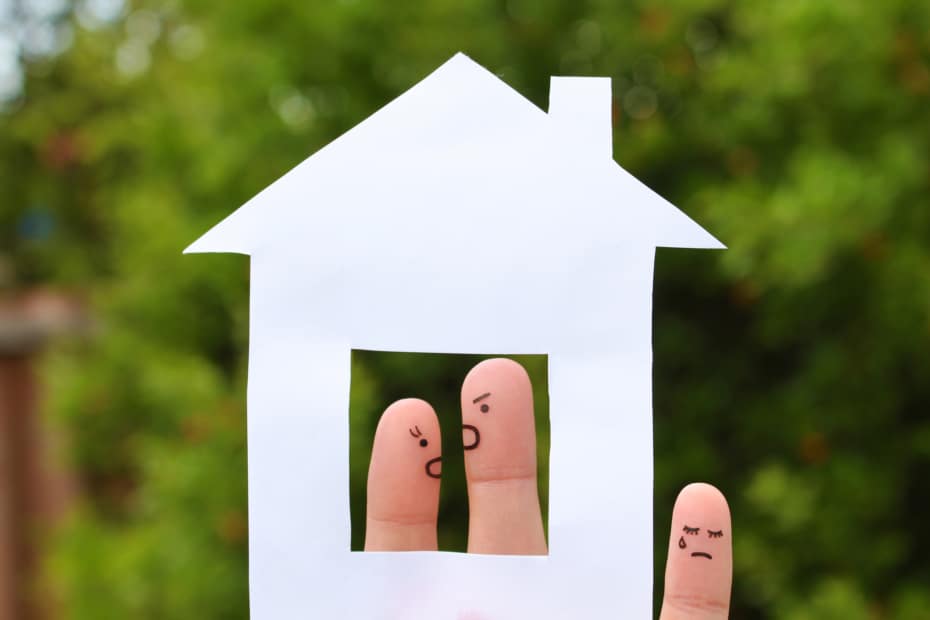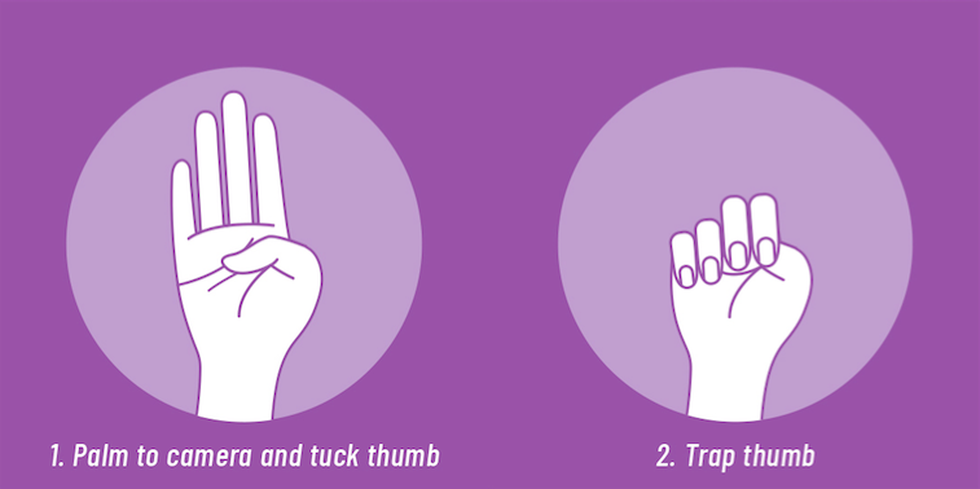Call Us At 519.672.5666
Insights & Articles
Family Violence and Family Law

Family violence occurs when a person abuses someone in their family, including adults and children, before, during or after a couple separates. People are often at higher risk of family violence soon after a separation.
If you or someone you know is in immediate danger, call 911 or your local police.
What is family violence?
Family violence can take many forms and can be words, acts, or even neglect. It can include emotional, financial, sexual, or physical abuse. The abuse does not have to be constant to fit into this definition; a single occurrence is enough to constitute family violence. Under the new Divorce Act, which will take effect on March 1, 2021, family violence is any behaviour that is violent, threatening, a pattern of coercive and controlling behaviour, or behaviour that causes a family member to fear for their safety or the safety of another person. While many types of abuse are criminal offences, some non-criminal behaviours are still considered family violence under the Divorce Act.
Family violence impacts children
Family violence does not only impact the victim of the abuse, but it can also impact those who witness it. Children can experience family violence in different ways, such as having violence and abuse directed at them, seeing or hearing someone being violent towards a family member, or seeing a family member scared or injured. Witnessing family violence can cause short-term and long-term harms to children’s psychological well-being and can lead to emotional, behavioural, and developmental problems.
If you need help
If you or someone you know is in immediate danger, call 911 or your local police.
If you are a victim of family violence, or a witness to it, you can call Anova’s crisis line at 519-642-3000 or 1-800-265-1576 or visit anovafuture.org. You can also call the Assaulted Women’s Helpline at 1-866-863-0511 or call the London Abused Women’s Centre at 519-432-2204 or visit https://www.lawc.on.ca.
The Canadian Women’s Foundation, with a focus on stopping the rise of violence in the pandemic, has championed the ‘Violence at Home Signal For Help’. During a time when families are forced to stay at home as much as possible, individuals in crisis can find it difficult to get to a safe location to request help. The Signal for Help is a silent way for someone to demonstrate that they need help without having to say a word and without leaving a digital trace. If you are online and want to ask for help, turn your palm to the camera and tuck your thumb across your palm so that you are showing the number four, and then trap your thumb under your four fingers.

For more information, visit canadianwomen.org.
How a lawyer can help
Family violence can impact many family law issues, including, among other things, parenting (both decision-making and time with the children) and possession of the home. Family violence may also impact your ability to access information or property. If you are experiencing family violence, a lawyer can assist you by taking the legal steps to help ensure you and your children are safe. This may include asking the Court for a restraining order or exclusive possession of the matrimonial home.
Please contact the McKenzie Lake family law team if you are experiencing any kind of family violence and need help understanding your legal options.

